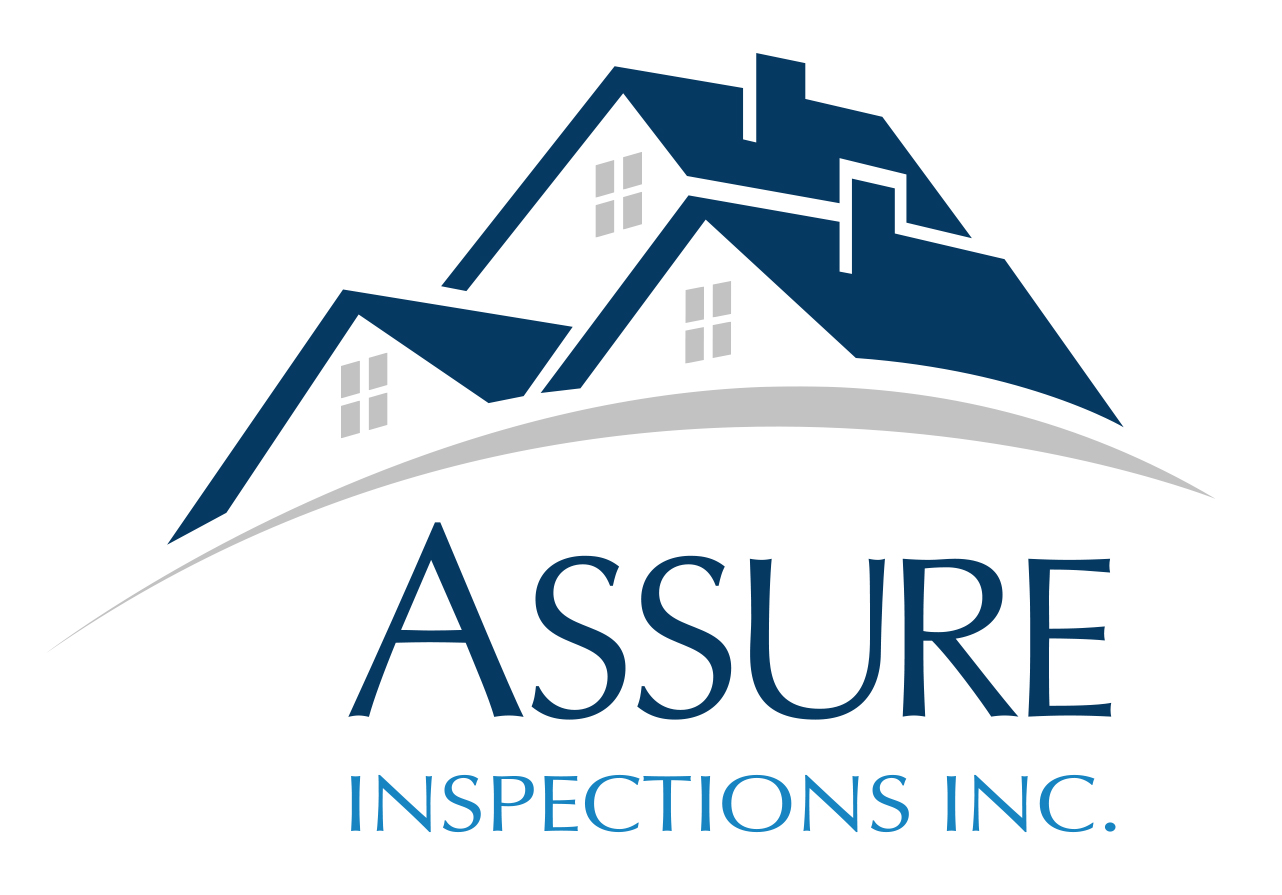If you’ve recently purchased a newly constructed home, you are likely enjoying the peace of mind that comes with brand-new everything. This confidence is often supported by a one-year builder’s warranty, which covers defects related to materials and workmanship. However, that warranty has an expiration date, usually around the 12-month mark. To fully capitalize on this crucial protection, you must schedule an 11th-month warranty inspection. This is arguably the most critical inspection a new homeowner will ever get.
Understanding the Builder’s Warranty Window
Most standard new home warranties typically offer twelve months, during which the builder is responsible for fixing defects related to construction, materials, and installation. This coverage is fantastic, but the clock starts ticking the moment you close on the house. The deadline for submitting repair requests is strict, often falling just before the one-year anniversary. An 11th-month warranty inspection is timed specifically to give you maximum leverage. By scheduling the inspection in the eleventh month, you allow time for seasonal changes to expose hidden flaws and for minor operational issues to surface. More importantly, it gives you a few weeks to compile the professional report, submit it to the builder, and get those necessary, covered repairs scheduled and completed before the warranty expires. Missing this window means future repairs will come out of your pocket.
Catching Hidden Issues: The Value of a Professional Warranty Inspection
Many homeowners feel that a full inspection is unnecessary because the home is new. Unfortunately, new construction does not guarantee perfection. Issues often arise from material settling, trade errors, or incomplete work that was not visible during the final walk-through. A professional warranty inspection is designed to identify these hidden flaws that a standard homeowner might overlook. A certified inspector looks beyond cosmetic details. They inspect the roof, grading, foundation, and structural components that have been settling over the last year.
Focusing on Mechanical and Structural Warranty Inspection Items
The greatest financial benefit of the 11th-month warranty inspection comes from identifying problems within the home’s most expensive systems. These areas are notoriously prone to warranty issues. The inspector verifies the proper functioning of the HVAC system, ensuring the unit is working as efficiently as it should. They carefully examine the plumbing, looking for evidence of leaks, loose connections, or improper pipe installation caused by settling that could lead to extensive damage. They also check the electrical components, verifying the proper wiring of outlets, switches, and the electrical panel, and confirming that safety features like GFCIs and AFCIs are functioning. Finally, they look closely at structural integrity, checking for signs of excessive settlement, poor concrete work, or foundation cracks that exceed normal tolerance. Addressing just one of these major issues could easily save a homeowner thousands of dollars, making the cost of the warranty inspection an investment with returns.
Ensuring a Complete and Successful Warranty Claim
The inspection report itself is a valuable tool. When submitting repair requests to a builder, anecdotal complaints are easy to dismiss. A detailed, professional warranty inspection report, however, provides a clear, objective list of deficiencies, complete with photographic evidence and references to industry standards. This organized documentation helps guarantee the builder will take your claim seriously and address every necessary item under the terms of the warranty. By investing in this service, you are hiring a professional advocate to help you enforce the terms of your builder’s warranty before your final opportunity to do so disappears.
Frequently Asked Questions (FAQs)
Is the 11th-month warranty inspection covered by the builder?
No. The cost of the professional warranty inspection is the responsibility of the homeowner. However, the repairs identified in the report that are covered by the builder’s warranty mean the inspection fee pays for itself many times over.
What happens if I miss the 12-month warranty deadline?
If you miss the deadline for submitting claims, any defects that arise after that date will be the homeowner’s full financial responsibility. This is why scheduling the 11th-month warranty inspection with adequate lead time is absolutely crucial.
How long does the builder have to make the repairs after the inspection?
The timeframe varies and is dictated by your specific warranty agreement. However, once the report from the warranty inspection is submitted, the builder is usually obligated to complete repairs within a reasonable time frame, often specified in the contract.
Should I be present during the warranty inspection?
Yes, it is highly recommended. Being present allows you to walk through the home with the inspector, learn about any minor issues, and understand exactly what is being documented in the warranty inspection report before it is sent to the builder.
Assure Inspections Inc. offers home inspections in the Chicago area. Contact us to request an appointment.

